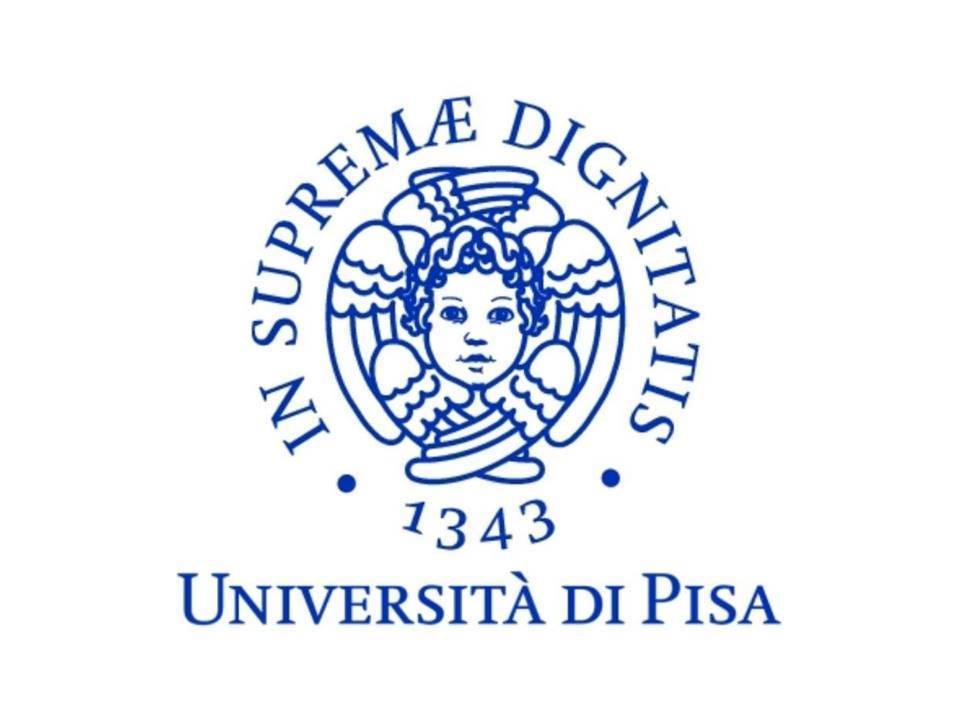PhD Seminar – 11th December 2023 (12.00) – Room PN4, Polo Porta Nuova
Nano-oncology: challenges and perspectives

ABSTRACT
Nano-oncology: challenges and perspectives
Valerio Voliani
valerio.voliani@unige.it
Department of Pharmacy, School of Medical and Pharmaceutical Sciences, University of Genoa, Viale Cembrano, 4 (16148) Genoa (GE), and Center for Nanotechnology Innovation, Istituto Italiano di Tecnologia, Piazza San Silvestro, 12 (56126) Pisa (PI).
During 90’s, nanotechnology has produced a first revolution in the clinical treatment of neoplasms through the release of Caelyx®/Doxil®, a liposome formulation of doxorubicin. Beyond the drug delivery enhancement associated to nanomaterials, noble metals are essential for the development of combined/enhanced non-invasive cancer management approaches.1 Actually, because of the lack of a rationale design and adequate biodistribution and safety data, noble metal nanomaterials are still not in the market. In this scenario, elucidate the fate of metal nanomaterials once administered is critical to compose safe-by-design nano-therapeutics.2
Here, an introduction on nanotechnology applied to oncology will be provided together with the next exciting perspectives and challenges to address in translational research. Moreover, the bio/nano- interactions, biodistribution, and clearance profiles of hybrid nano-architectures (NAs) are presented and the impact on the biokinetics of the chemical nature of noble metals and of the administration strategy discussed.3,4 The last achievements from the preclinical application of NAs in the treatment of primary tumours, metastasis, and damaged skin are reported along with the pivotal role of alternative biomodels in the oncological research workflow.5–7
(1) Zamborlin, A.; Voliani, V. Gold Nanoparticles as Antiangiogenic and Antimetastatic Agents. Drug Discov. Today 2023, 28, 103438.
(2) Cassano, D.; Pocoví-Martínez, S.; Voliani, V. Ultrasmall-in-Nano Approach: Enabling the Translation of Metal Nanomaterials to Clinics. Bioconjug. Chem. 2018, 29, 4–16.
(3) Cassano, D.; Mapanao, A.-K.; Summa, M.; Vlamidis, Y.; Giannone, G.; Santi, M.; Guzzolino, E.; Pitto, L.; Poliseno, L.; Bertorelli, R.; et al. Biosafety and Biokinetics of Noble Metals: The Impact of Their Chemical Nature. ACS Appl. Bio Mater. 2019, 2, 4464–4470.
(4) Zamborlin, A.; Ermini, M. L.; Summa, M.; Giannone, G.; Frusca, V.; Mapanao, A. K.; Debellis, D.; Bertorelli, R.; Voliani, V. The Fate of Intranasally Instilled Silver Nanoarchitectures. Nano Lett. 2022, 22, 5269–5276.
(5) Cassano, D.; Santi, M.; D’Autilia, F.; Mapanao, A. K.; Luin, S.; Voliani, V. Photothermal Effect by NIR- Responsive Excretable Ultrasmall-in-Nano Architectures. Mater. Horizons 2019, 6, 531–537.
(6) Sarogni, P.; Mapanao, A. K.; Gonnelli, A.; Ermini, M. L.; Marchetti, S.; Kusmic, C.; Paiar, F.; Voliani, V. Chorioallantoic Membrane Tumor Models Highlight the Effects of Cisplatin Compounds in Oral Carcinoma Treatment. iScience 2022, 25, 103980.
(7) Santi, M.; Frusca, V.; Ermini, M. L.; Mapanao, A. K.; Sarogni, P.; Gonnelli, A.; Giannini, N.; Zamborlin, A.; Biancalana, L.; Marchetti, F.; et al. Hybrid Nano-Architectures Loaded with Metal Complexes for the Co-Chemotherapy of Head and Neck Carcinomas. J. Mater. Chem. B 2023, 11, 325–334.

You may also like
ROLE OF HUMAN BETARETROVIRUS INFECTION IN CANCER AND AUTOIMMUNITY: PATHOGENESIS AND IMMUNE CHECK POINT INHIBITOR-RELATED ADVERSE EVENTS
PhD Seminar 7th July 2025, PN2 Polo Porta Nuova
Aspetti normativi e gestionali della sperimentazione clinica profit e no profit Ricerca accademica e ricerca clinica Dott.ssa Claudia Cimino Coordinatore PO Ricerca -Direzione area di medicina Università di Pisa 7 luglio 2025 ore 14 Aula PN2, Polo Porta Nuova Il …
PhD Seminar 4th June 2025 – PN6 Porta Nuova
Abstract In recent decades, the rapid evolution and continuous improvement of neuroimaging techniques have significantly advanced the scientific understanding of the human brain. Among these methods, functional near-infrared spectroscopy (fNIRS) stands out as an innovative non-invasive technique that utilizes the …
